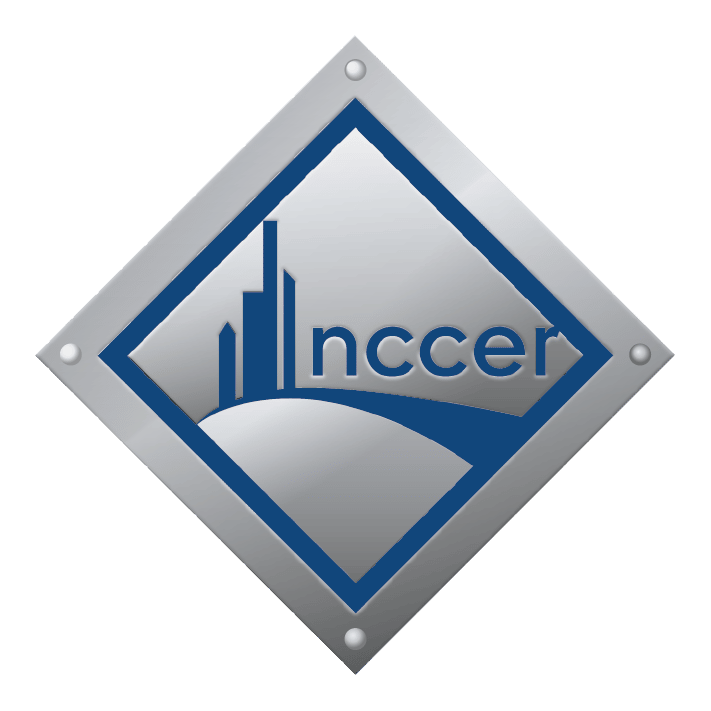HVAC & Basic Refrigeration Training
HVAC & Basic Refrigeration Training
Start Building Your Future
Accelerate Your Career With Our HVAC & Basic Refrigeration Training Program
Miller-Motte’s comprehensive Heating, Ventilation, Air Conditioning & Basic Refrigeration program prepares you for a career as an HVAC professional. We combine classroom-style education with simulated on-the-job hands-on learning to prepare you for what a career servicing a variety of different types of equipment will be like once you graduate. With enrollment starting on a rolling basis every 5 weeks and programs that can be completed in 10 months, your dream career is in your near future! By the end of our program, you’ll be prepared to sit for the EPA Section 608 Technician certification.*
Training is available at our Augusta, GA, Chattanooga, TN, Fayetteville, NC, and Raleigh, NC campuses.
*Miller-Motte cannot guarantee job placement, salary or employment
*Miller-Motte does not guarantee third-party certifications. Certification requirements for taking and passing certification examinations are not controlled by Miller-Motte but by outside agencies and are subject to change by the agencies without notice to Miller-Motte. Therefore, Miller-Motte cannot guarantee that graduates will be eligible to take certification examinations, regardless of their eligibility status upon enrollment.
Skills You'll Cover in the HVAC & Basic refrigeration Program
Cover the basics of AC systems, how to properly maintain and repair them, and troubleshooting common problems. In addition, the program covers the physics of heat and air, which is essential knowledge for people working with AC systems.
Our students study the aspects of electrical systems used in HVAC applications. This includes the basic theory behind how electricity works, to more advanced topics such as understanding and troubleshooting electrical circuits. We also cover the different types of electrical equipment and devices used in HVAC systems, and how to properly install and maintain them.
Students are exposed to the different types of heating systems, how they work, and how to troubleshoot and repair them. Students study the different types of heat pumps, how they work, and how to properly install and maintain them.
From the basics of how it works to more advanced topics like troubleshooting and repair, we cover the compressor and condenser to the evaporator and expansion valve, and we also cover the refrigerant itself. By the end of the program, you should have a thorough understanding of how refrigeration works and how to maintain and repair it.
Our program is designed to give students the skills and knowledge to provide excellent customer service to homeowners and businesses alike. We cover topics such as effective communication styles and problem-solving.
Business communications covers things like effective communication strategies, active listening skills, writing proper memos and emails, and how to give presentations. By the end of the program, students should have a strong understanding of how to communicate effectively with customers and other businesses.
Students have the opportunity to study different types of HVAC equipment, how to troubleshoot and repair common problems, and how to properly maintain equipment to prevent future issues. The program also covers safety procedures and OSHA regulations related to working with HVAC equipment.

What is NCCER?
Why is NCCER important to you?
Earning NCCER’s industry-recognized credentials means you, having undergone approved training, and have met the standards set by the NCCER. Your universally recognized credentials in your craft represent a national portability of your skills.
Additionally, NCCER manages credentialing and certification through its Registry System, which assists craft trainees and professionals by maintaining their records in a secure database.
NCCER also drives multiple initiatives to enhance career development and recruitment efforts for the industry, primarily through its Build Your Future initiative.
Why is NCCER important to employers?
Many organizations and companies track the qualifications of their craft professionals and possible new hires through NCCER’s Registry System. Those with NCCER credentials may be more desirable to potential employers.
Enroll in HVAC Training Near You
Ready To Get Started?
Start learning with Miller-Motte today. Our flexible scheduling and affordable options make Miller-Motte a great place for you to pursue your diploma in HVAC and Basic Refrigeration. Talk to an admissions representative today.
What Does an HVAC & Basic Refrigeration Technician Do?
Still unsure if HVAC & Basic Refrigeration is the program for you? Let’s walk through some of the main tasks and day-to-day routine of what it looks like to be an HVAC & Basic Refrigeration technician.*
*Miller-Motte cannot guarantee employment or salary.
- Prepping and ensuring job site safety
- Performing HVAC installs and removals
- Connecting and changing electrical wiring
- Testing for carbon dioxide and monoxide
- Following complex blueprints
- Performing diagnoses using diagnostic tools
- Troubleshooting systems
- Performing tests and analyzing results
- Performing repair work while maintaining site safety
- Verifying systems have been fully repaired
Take The First Step Toward Your Next Career by Enrolling in the HVAC Program Today
We’re ready to help you get an education for the future you want. If you are ready to take the next step on your new journey in vocational or skills-based education, Miller-Motte is ready to help.
Information within this blog is for general information purposes only. Miller-Motte does not assume or guarantee certification/licensures, specific job/career positions, income earning potential or salary expectations based on the programs offered at Miller-Motte. Career and program information statements in this blog do not guarantee that programs or other information mentioned are offered at Miller-Motte.
